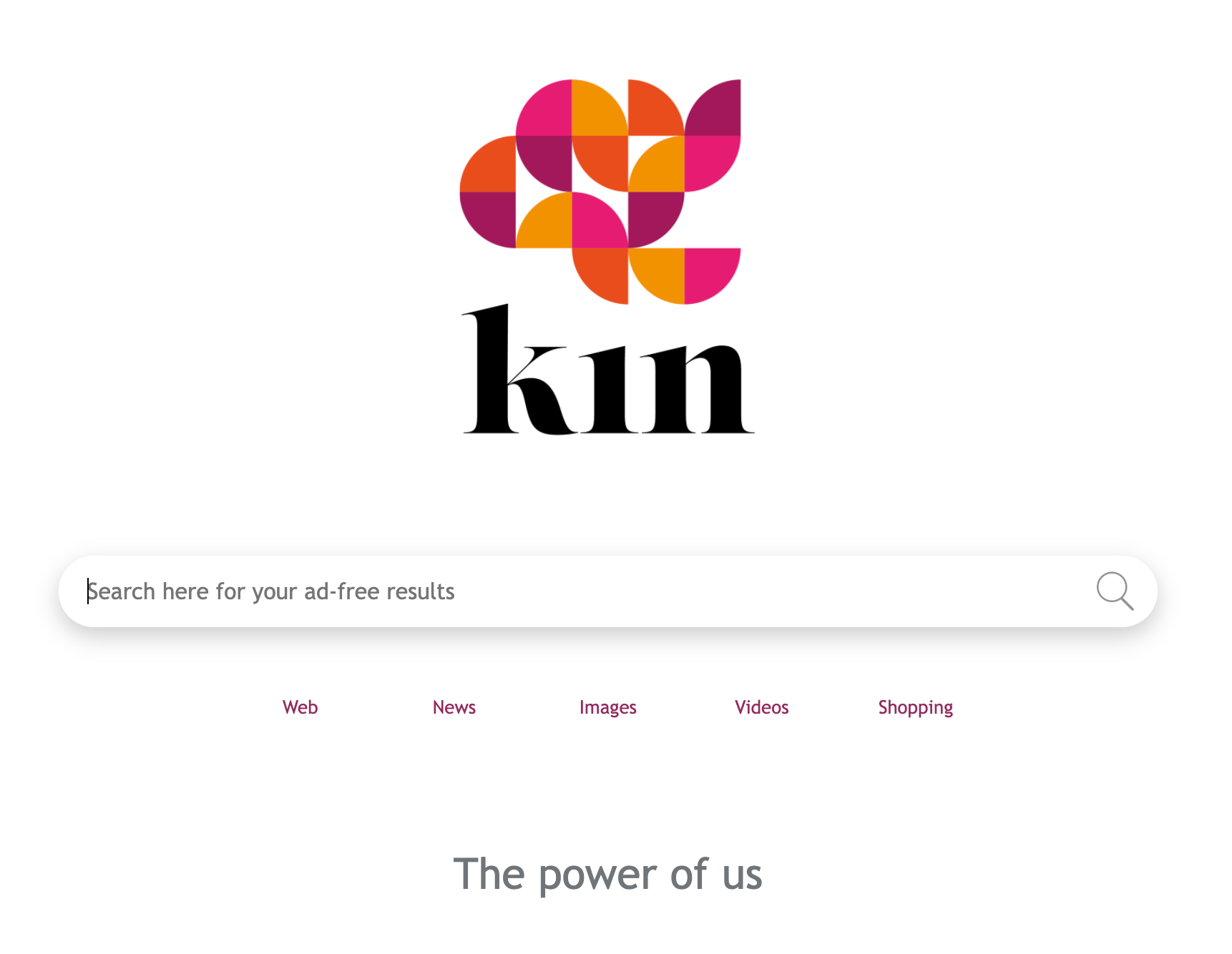However, there was one aspect of the narrative I found myself in constant disagreement with. It was their general premise that the price of highly personalised services is that we must surrender even more of our personal information. Of course, this is pretty much what we have been forced to do to access services controlled by the tech giants, and the consequence of this is considered in the book Surveillance Capitalism which paints a dystopian reality rather than a future utopia of personalisation suggested by Age of Context.
What Scoble & Israel describe in their book seems technologically feasible, but they seemed to ignore the commercial reality of the tech monopolies being geared solely to make profits rather than deliver universal benefits for everyone. The societal impact of this, and the personal consequences for those using their technology is, at best, an afterthought.









